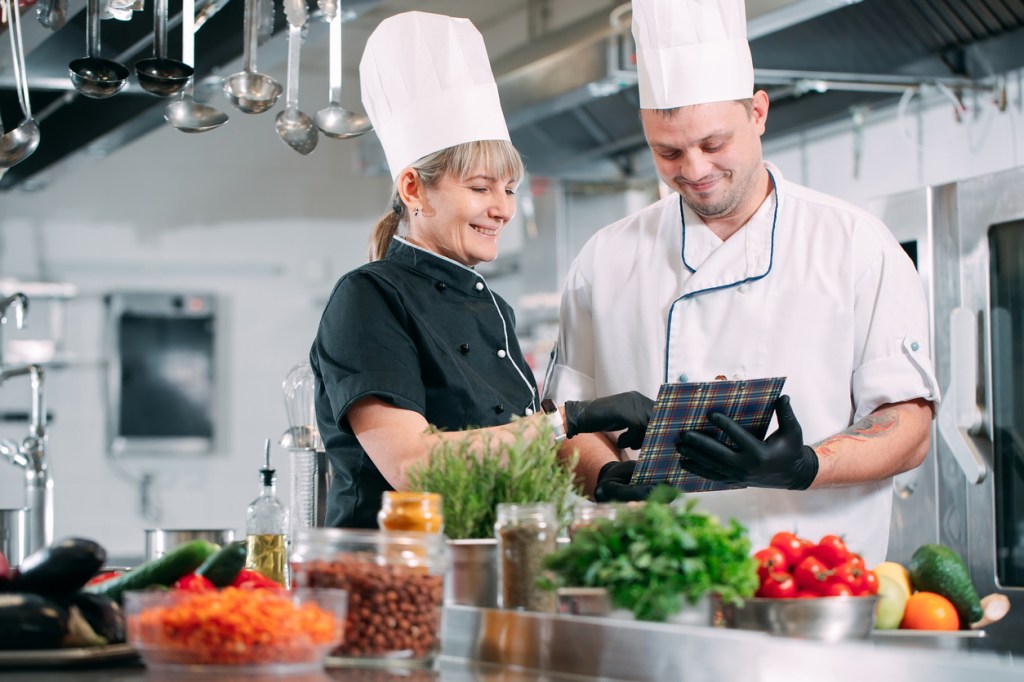A pilot training programme will offer up to 200 hospitality workers the opportunity to train and upskill while still employed and help lift the skill level of New Zealand’s hospitality workforce.
Ministry of Social Development (MSD) has partnered with Hospitality New Zealand (HNZ) and Restaurant Association New Zealand (RANZ) to deliver the pilot, helping people upskill, and gain industry certifications and training. Courses include 13 and 26 week programmes of up to 10 hours a week.
Launching this month, the Springboard pilot runs through to June 2021. If successful, there will be opportunities for further investment and training. HNZ and RANZ will each administer the pilot for their members, with a focus on regions most affected by Covid-19, regional seasonal pressures and skills shortages.
Each organisation’s members, hospitality business owners, will need to apply for their employees to participate in the programme. To be eligible, the employees must be New Zealand citizens or permanent residents.
Springboard includes training costs and a wage supplement for up to 10 hours a week to help pay employee wages while they’re training. Employers will need to ensure their employees are able to be released from work to participate in the training.
Amanda Nicolle, Director of Industry Partnership, Ministry Social Development says, “We’re pleased to partner with Hospitality New Zealand and Restaurant Association New Zealand and pilot the Springboard programme, supporting training across the country and helping keep people employed.”
“Partnerships like this mean we can support New Zealand businesses to keep operating and support Kiwis to upskill and build a career.”
Chief Executive of Hospitality New Zealand, Julie White, says “The Springboard programme will assist in rebuilding our sector’s workforce for the future. This co-designed approach by MSD and industry will help our members engage and retain employees.”
Chief Executive of the Restaurant Association, Marisa Bidois, says “This is an opportunity to build skills pathways and sustainability of jobs in our sector along with addressing long-term skills shortages while providing opportunities for at-risk employees.”
The Restaurant Association has been working closely with the MSD on the creation and roll out of the programme to ensure that those who are interested to pursue a career in hospitality have the necessary skills to do so.
“This is a critical time for our industry. Hospitality has been in growth for more than 10 years and yet we’ve struggled to find the necessary workers to fill the demand,” says Bidois.
“This has been intensified by the border closure which has meant the usual overseas workers that would ordinarily fill those gaps are no longer available to us. The time is ripe to ensure we are able to attract and train a new wave of recruits to sustain our industry for the future.”
A recent survey of Restaurant Association members found 94 per cent had difficulty recruiting staff for their business. 95 per cent said they had not seen an increase in suitable New Zealanders replying for the roles.








